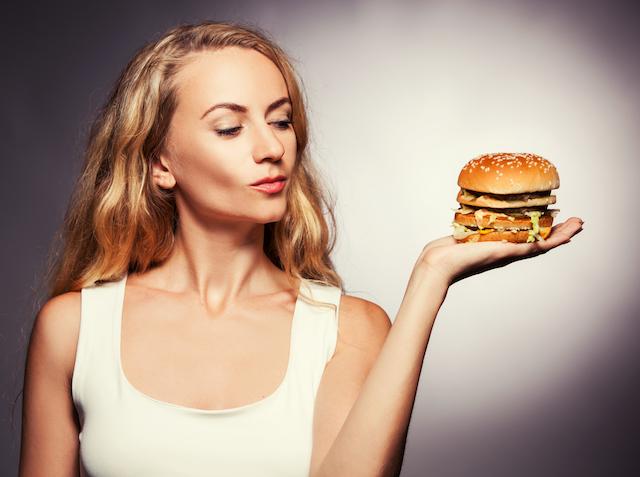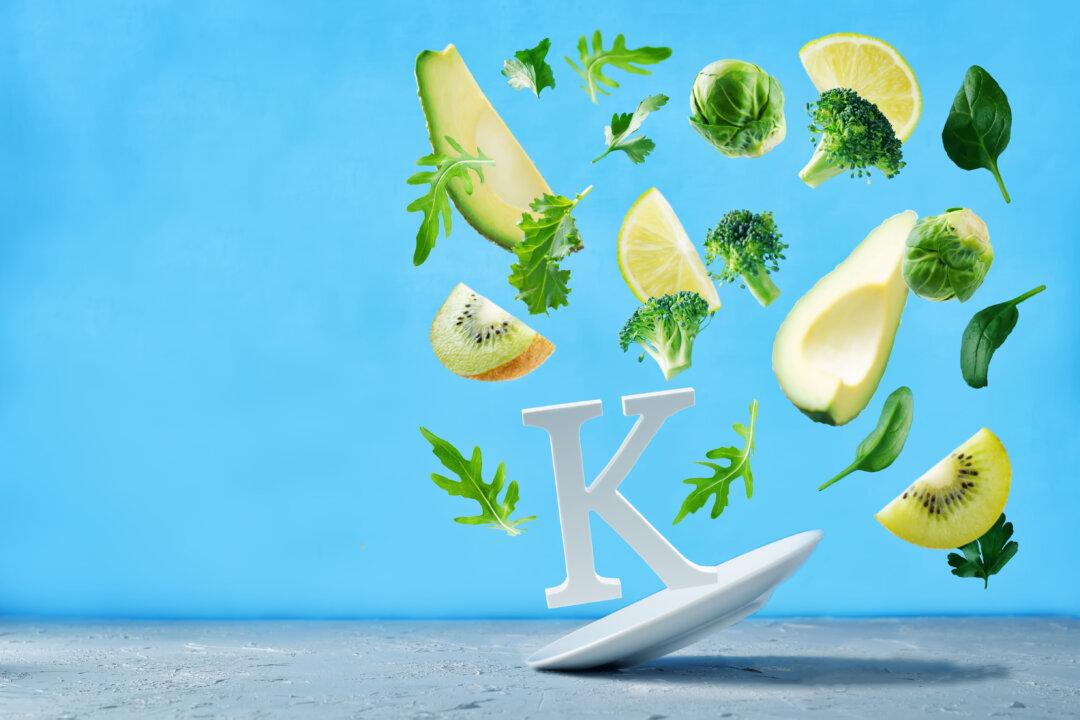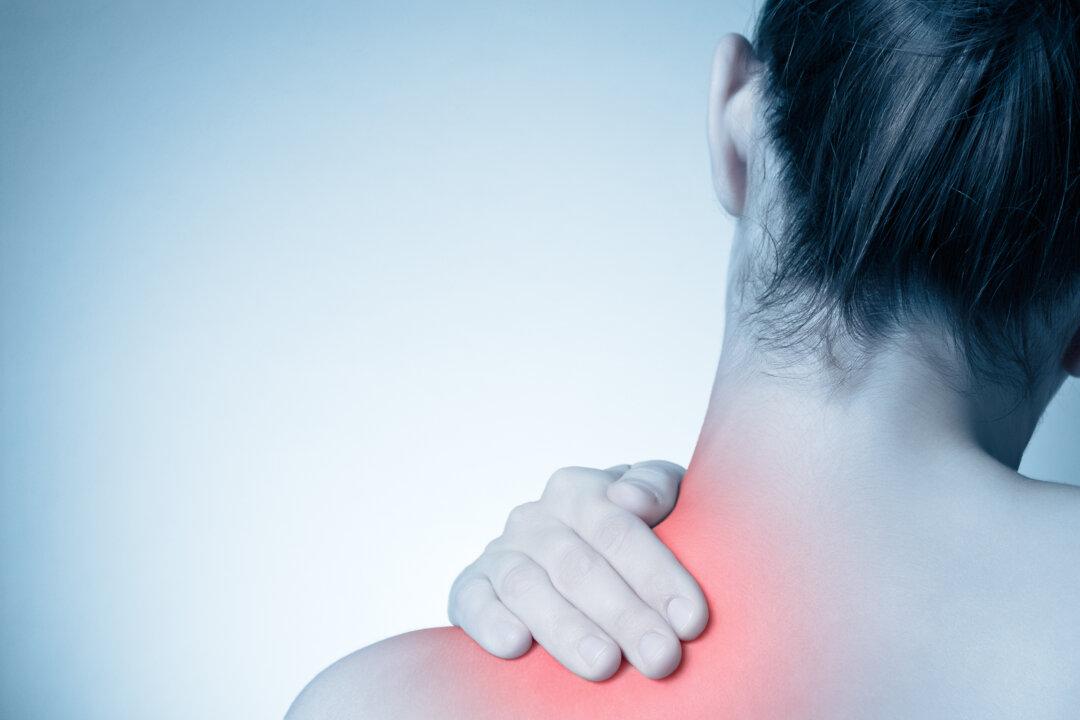Whether you are slim or obese, one thing is clear: calorie-dense processed foods increase cancer risk, regardless of body weight.
Researchers studied data from 92,000 postmenopausal women who took part in the Women’s Health Initiative, a 15-year study of health in postmenopausal women. They focused on the energy density of the women’s diets—“high energy” diets are synonymous with “high calorie” diets—and noted the number of calories per gram of the total diet.






